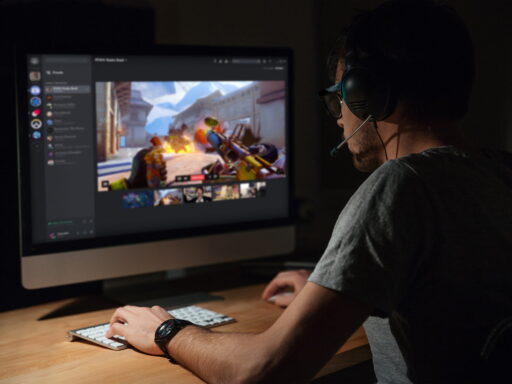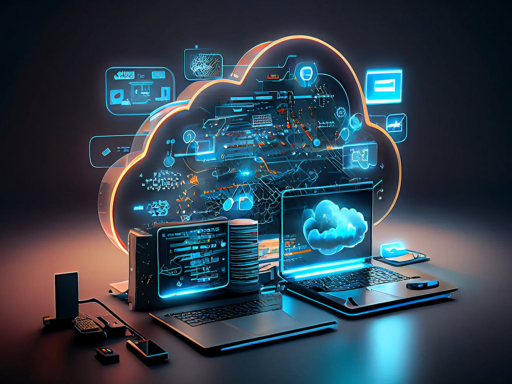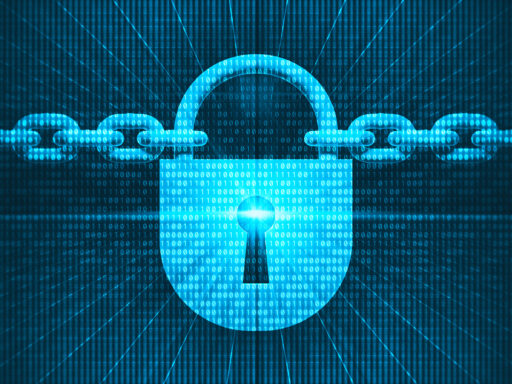The internet now plays a major role in how many of us cope with challenges to our mental health. With both benefits and risks, it’s important to thoughtfully consider our approach.
Resources and Support
On the supportive side, the internet breathes new life into well-being. Help is just a click away – we can learn coping strategies, connect with others also working through hard times, or find convenient counseling options if traditional care isn’t accessible. Telehealth especially benefits rural communities and those with limited mobility.
Simply knowing we aren’t alone in our struggles can lift burdens. Online support groups foster a sense of belonging during lonely periods. And information empowers us to better understand ourselves and seek appropriate care.
Risks and Challenges
Of course, there are also cautions. Constant exposure to idealized social media profiles often breeds unhealthy comparisons. Cyberbullying sadly persists as a threat, especially to youth. Misinformation risks confusion and delayed treatment by inspiring incorrect self-diagnosis.
Anonymity online may normalize harmful behaviors within isolated echo chambers rather than support recovery. We should thoughtfully vet online communities and information sources.
Striking a Balance
A balanced approach is wisest. While digital tools broaden options, real-life connections and professional guidance remain crucial when needed most. It’s also healthy to set boundaries with social media and spend enough time engaged in meaningful offline activities.
Using the internet’s supportive resources mindfully, coupled with real-world community, can not only ease struggles but can also expand healing approaches. Our well-being matters – online and off.







